Study: Beef impacts the environment more than poultry, pork

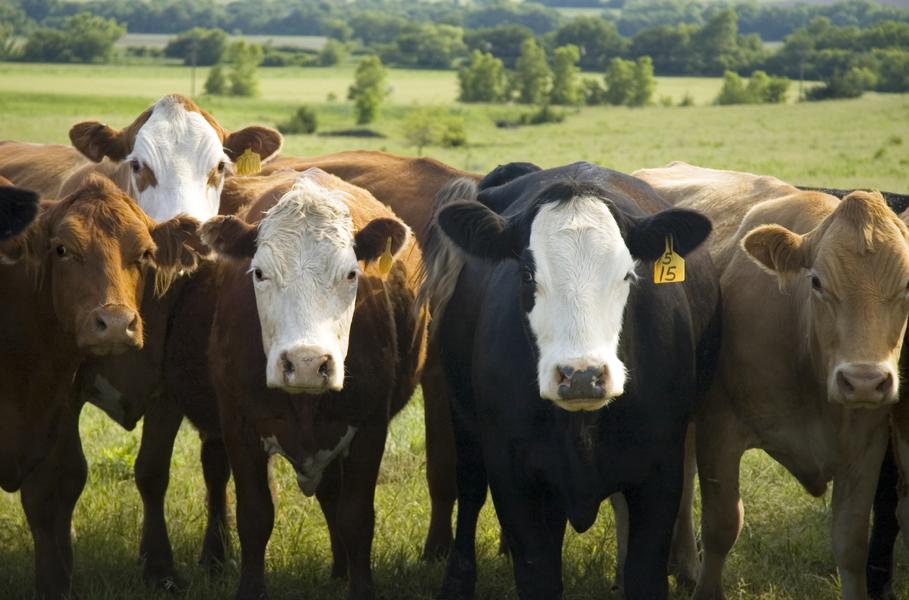
A free daily email with the biggest news stories of the day – and the best features from TheWeek.com
You are now subscribed
Your newsletter sign-up was successful
Two new studies looking at the beef industry show that it might be better for the environment to try white meat instead.
A study published Monday in the journal Proceedings of the National Academy of Sciences says that in the United States, it takes 28 times as much land and 11 times as much water to raise cattle for beef than it does equivalent portions of pork and poultry. A cattle farm also produces at least five times as much gas into the atmosphere. "For people, the obvious answer is: whenever possible, replace beef with something else," Gidon Eshel, a geophysicist and lead author of the study, told the Los Angeles Times. "If you really need it to be from animal sources, that's still OK.... As long as it's not beef, you have always made a significant step forward, because beef is so much more intensive than the rest."
The beef industry disagrees. "The fact is the U.S. beef industry produces beef with lower greenhouse gas emissions than any other country," Kim Stackhouse-Lawson, director of sustainability research for the National Cattlemen's Beef Association, said in a statement. That is true, according to a second study released Monday in the journal Climatic Change: Greenhouse gas emissions from livestock in developed countries (including the U.S.) have decreased 23 percent since 1970. Globally, however, those emissions have increased 51 percent, and have more than doubled in developing countries.
The Week
Escape your echo chamber. Get the facts behind the news, plus analysis from multiple perspectives.

Sign up for The Week's Free Newsletters
From our morning news briefing to a weekly Good News Newsletter, get the best of The Week delivered directly to your inbox.
From our morning news briefing to a weekly Good News Newsletter, get the best of The Week delivered directly to your inbox.
This study looked at livestock in 237 countries, and estimated that beef cattle produced more than 50 percent of methane and nitrous oxide emissions. Dairy cattle came in second, with 17 percent; sheep ranked third, with 9 percent; and buffalo were in fourth place, with 7 percent. Pigs only accounted for 5 percent, and goats, 4 percent. The largest increases were in the Congo, Oman, and the Central African Republic. "More and more of the developing world is adopting the bad habits of the developed world," Ken Caldeira, ecologist and co-author of the study, told the Times.
A free daily email with the biggest news stories of the day – and the best features from TheWeek.com
Catherine Garcia has worked as a senior writer at The Week since 2014. Her writing and reporting have appeared in Entertainment Weekly, The New York Times, Wirecutter, NBC News and "The Book of Jezebel," among others. She's a graduate of the University of Redlands and the Columbia University Graduate School of Journalism.
-
 6 of the world’s most accessible destinations
6 of the world’s most accessible destinationsThe Week Recommends Experience all of Berlin, Singapore and Sydney
-
 How the FCC’s ‘equal time’ rule works
How the FCC’s ‘equal time’ rule worksIn the Spotlight The law is at the heart of the Colbert-CBS conflict
-
 What is the endgame in the DHS shutdown?
What is the endgame in the DHS shutdown?Today’s Big Question Democrats want to rein in ICE’s immigration crackdown
-
 Death toll from Southeast Asia storms tops 1,000
Death toll from Southeast Asia storms tops 1,000speed read Catastrophic floods and landslides have struck Sri Lanka, Indonesia, Thailand and Malaysia
-
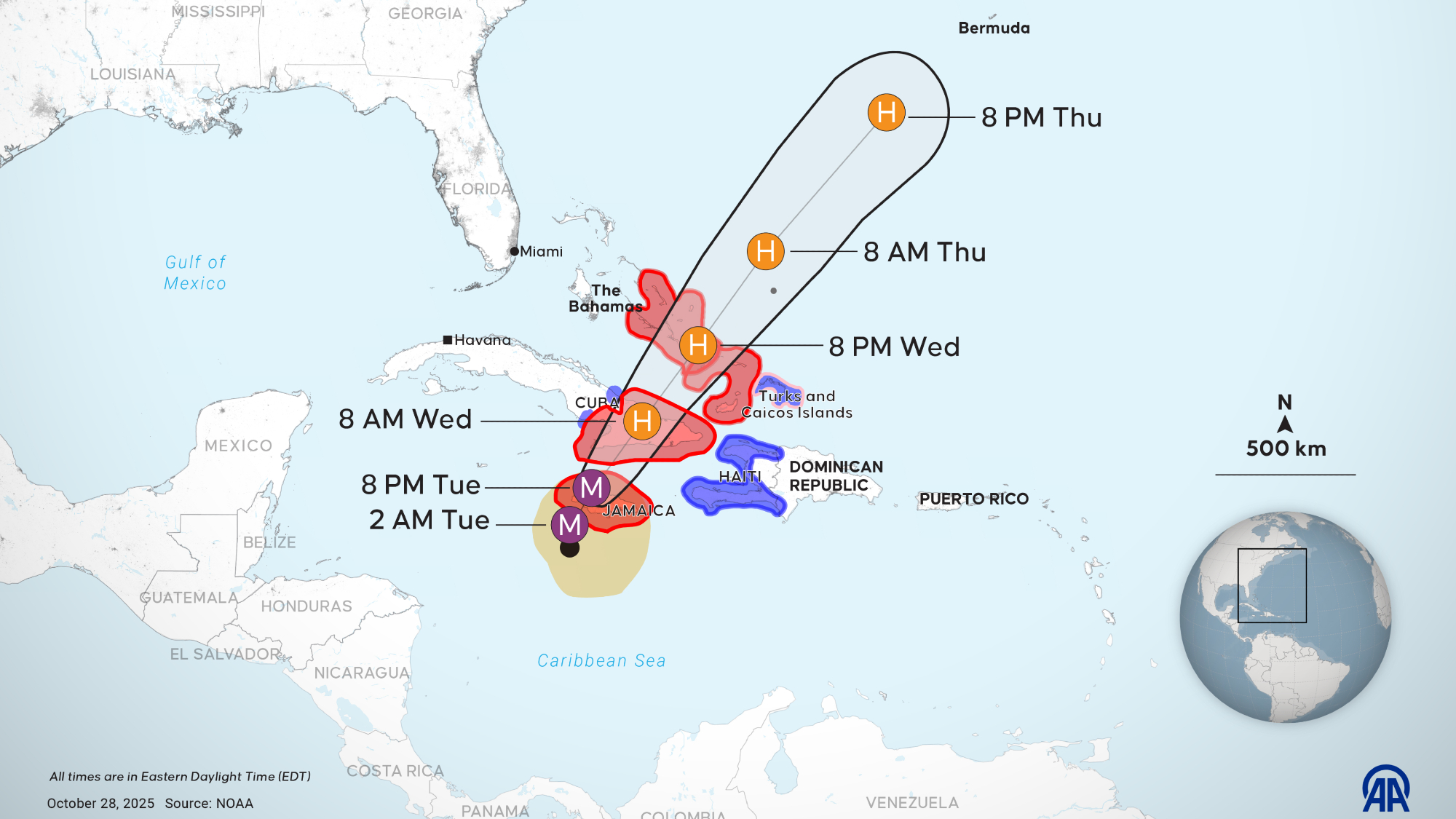 Hurricane Melissa slams Jamaica as Category 5 storm
Hurricane Melissa slams Jamaica as Category 5 stormSpeed Read The year’s most powerful storm is also expected to be the strongest ever recorded in Jamaica
-
 Renewables top coal as Trump seeks reversal
Renewables top coal as Trump seeks reversalSpeed Read For the first time, renewable energy sources generated more power than coal, said a new report
-
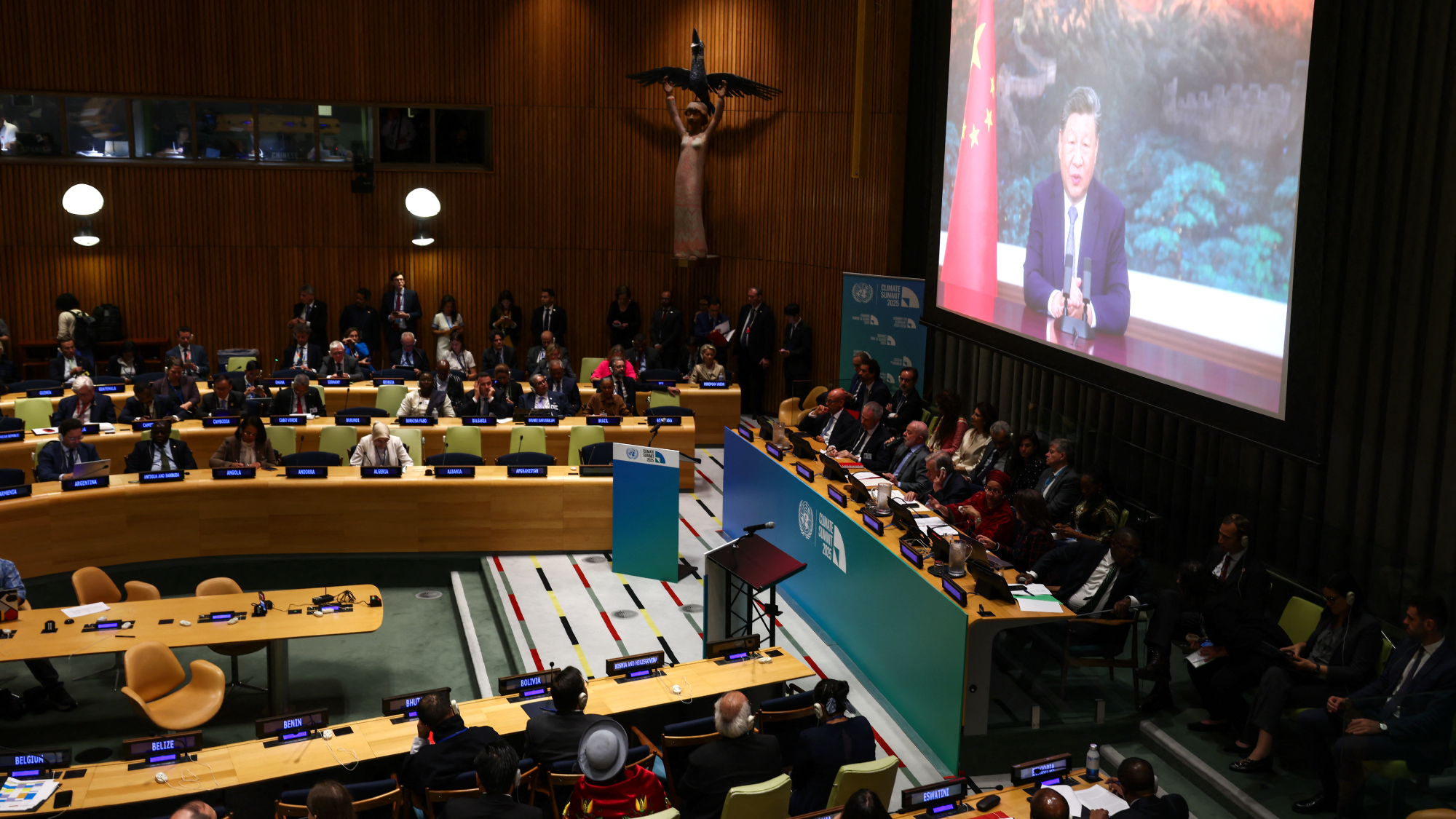 China vows first emissions cut, sidelining US
China vows first emissions cut, sidelining USSpeed Read The US, the world’s No. 2 emitter, did not attend the New York summit
-
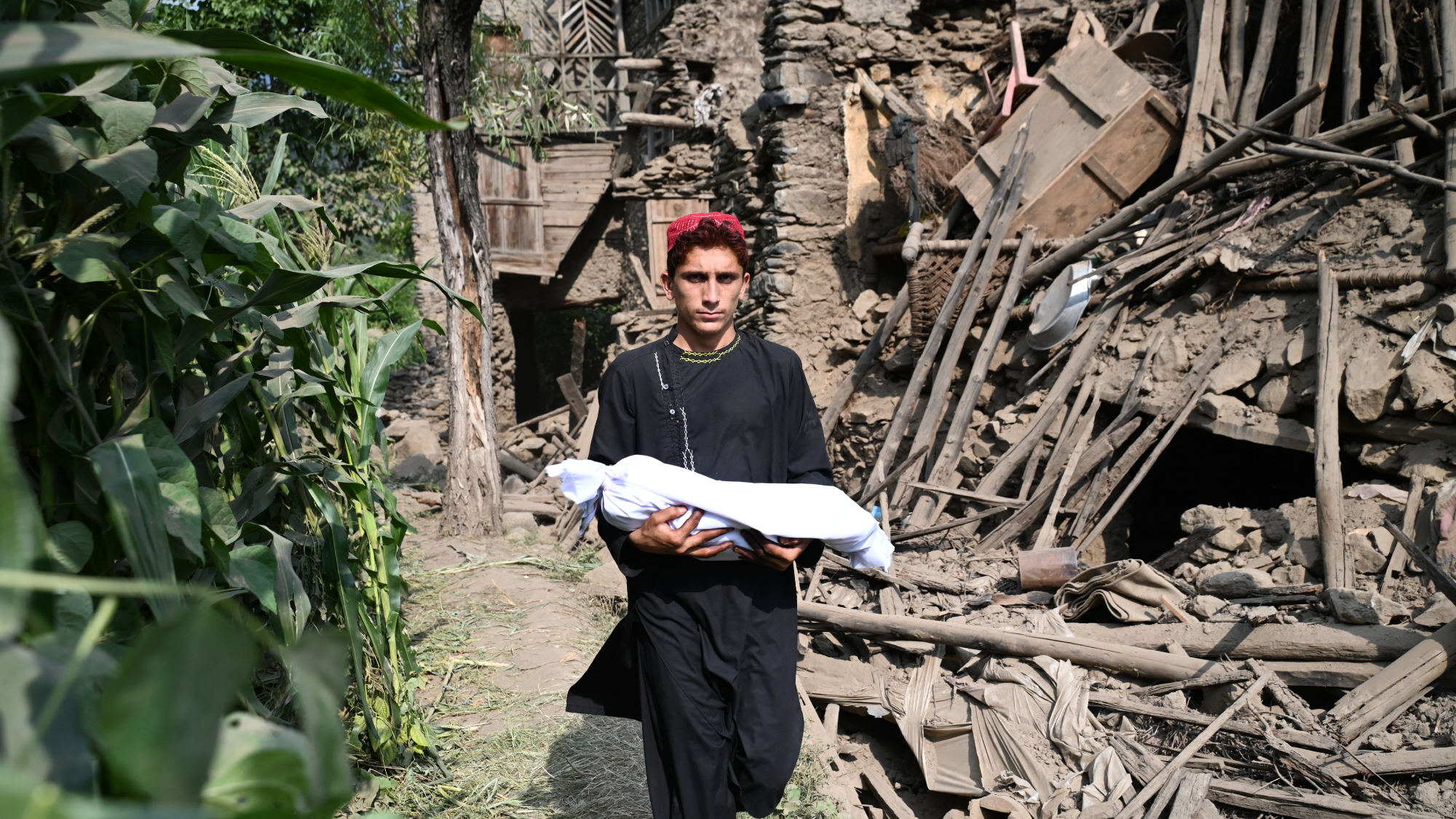 At least 800 dead in Afghanistan earthquake
At least 800 dead in Afghanistan earthquakespeed read A magnitude 6.0 earthquake hit a mountainous region of eastern Afghanistan
-
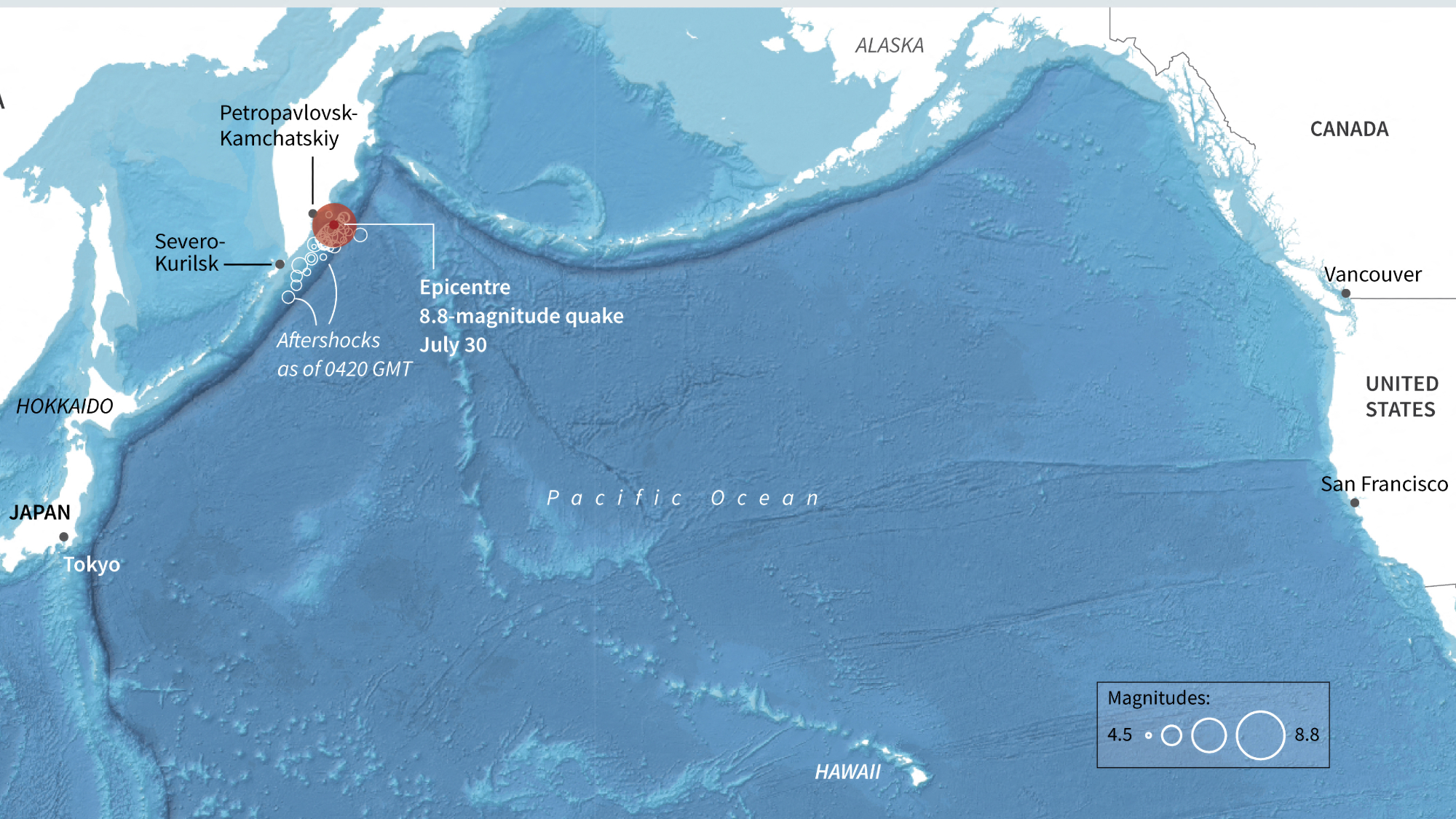 Massive earthquake sends tsunami across Pacific
Massive earthquake sends tsunami across PacificSpeed Read Hundreds of thousands of people in Japan and Hawaii were told to evacuate to higher ground
-
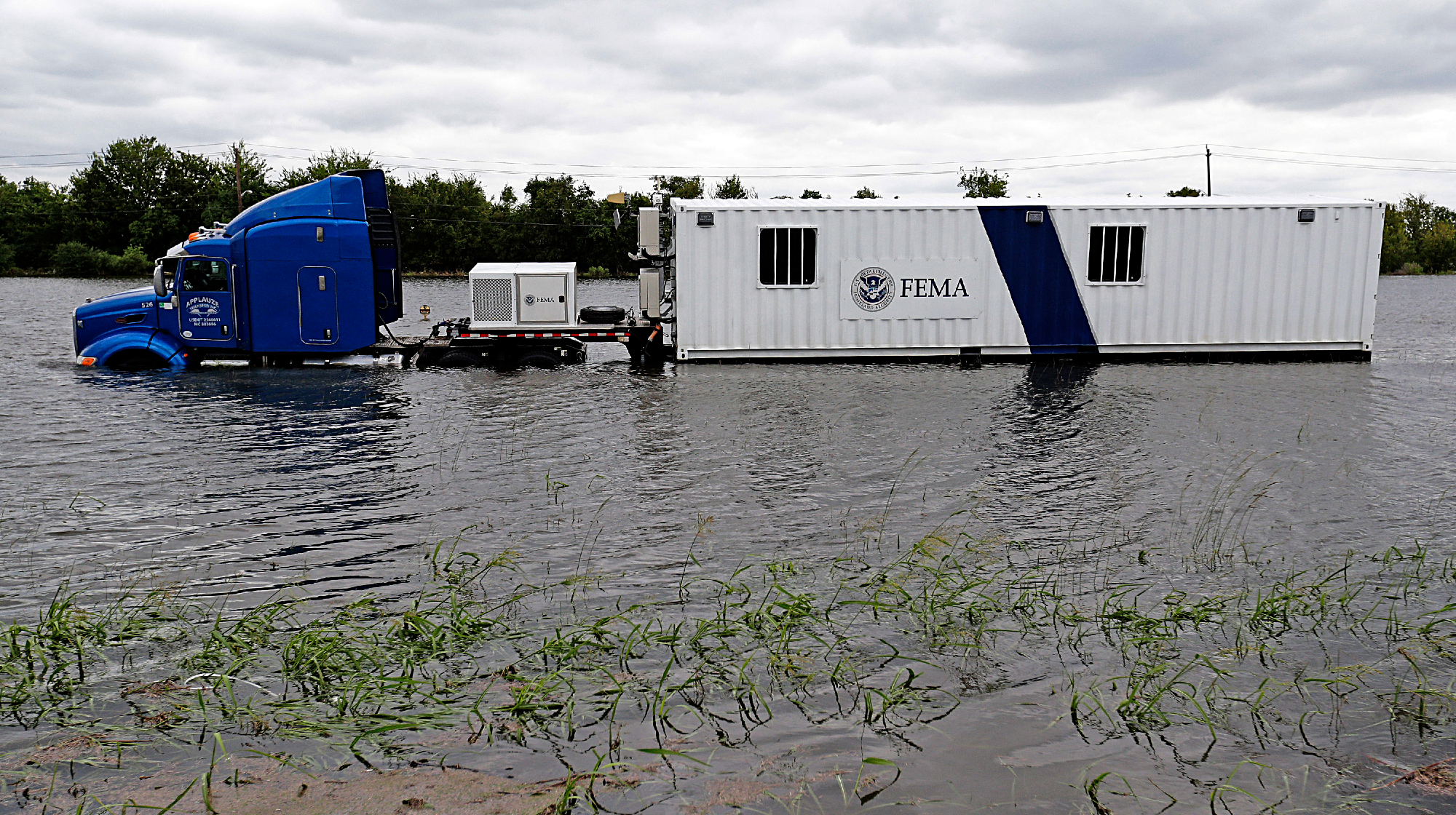 FEMA Urban Search and Rescue chief resigns
FEMA Urban Search and Rescue chief resignsSpeed Read Ken Pagurek has left the organization, citing 'chaos'
-
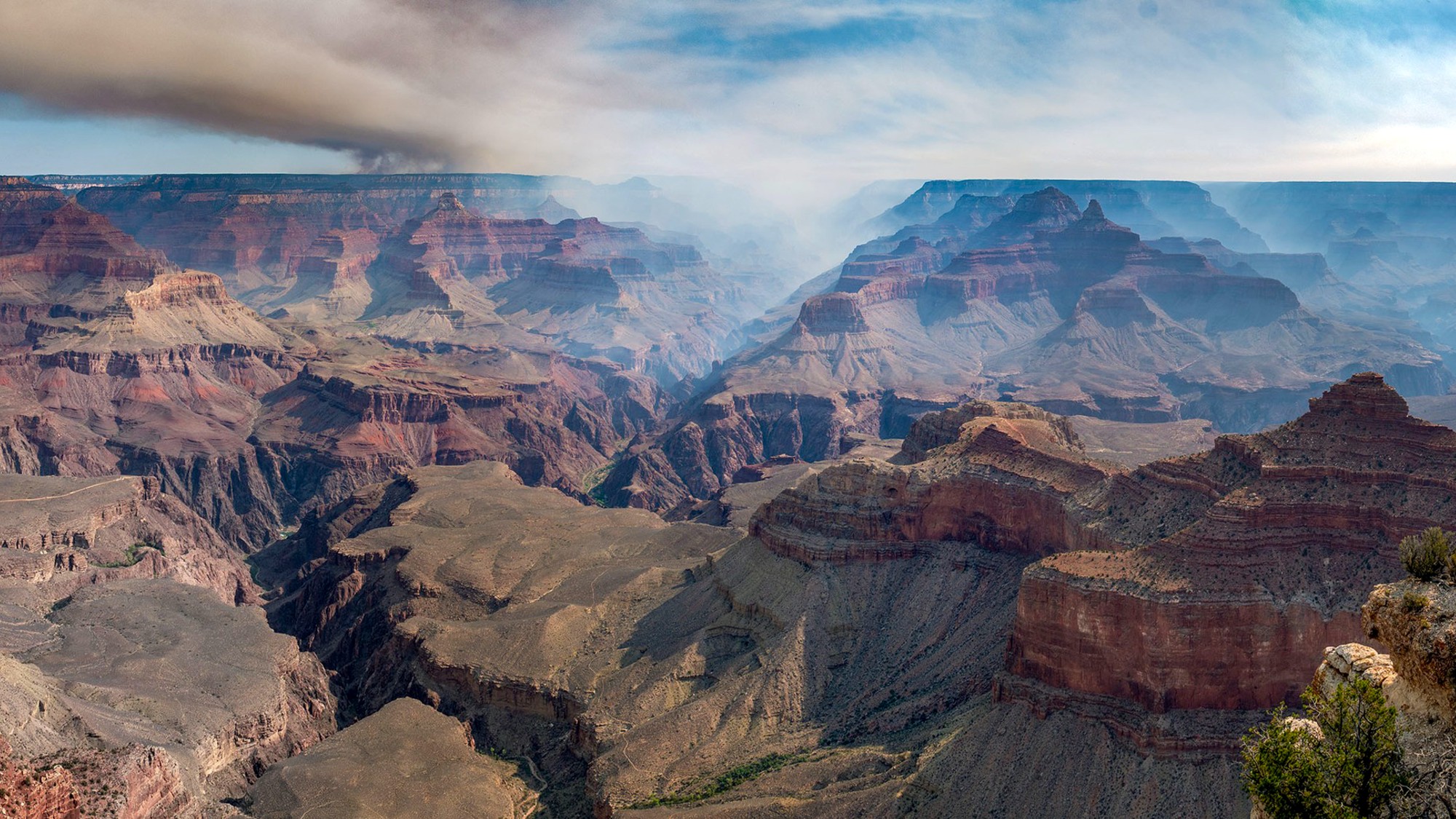 Wildfires destroy historic Grand Canyon lodge
Wildfires destroy historic Grand Canyon lodgeSpeed Read Dozens of structures on the North Rim have succumbed to the Dragon Bravo Fire
